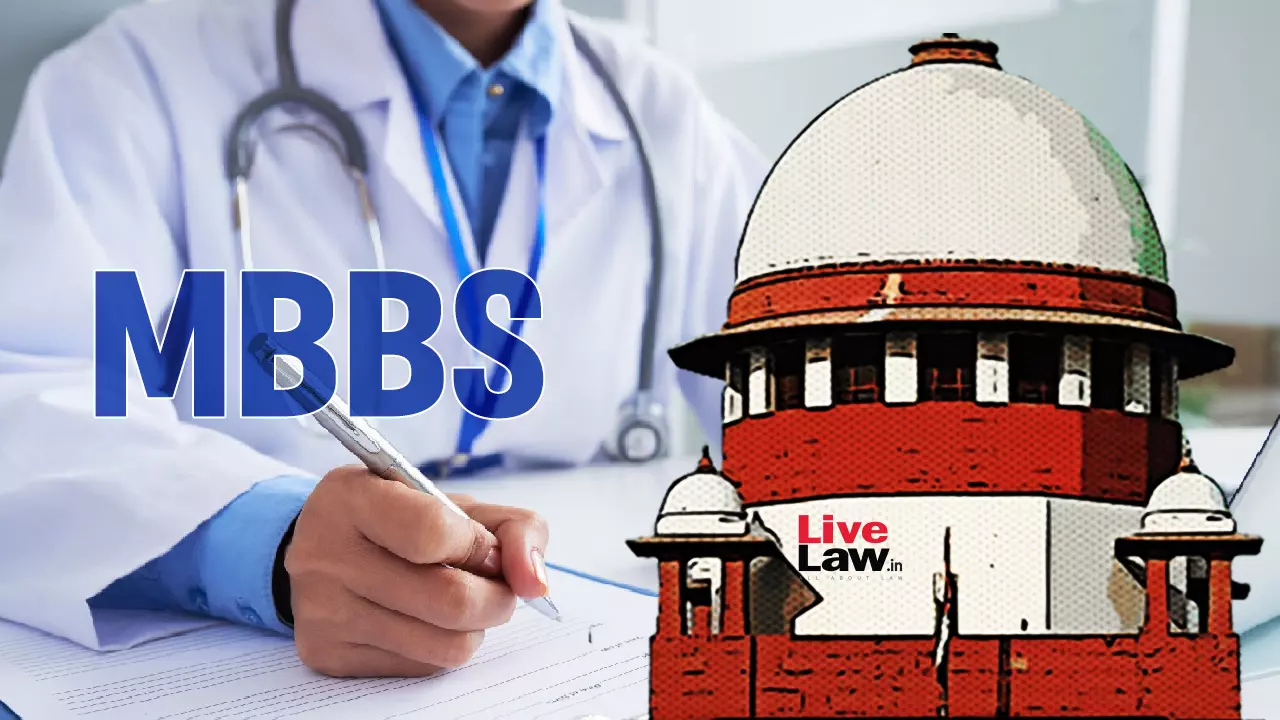 |
|
The Supreme Court of India has delivered a resounding verdict against the manipulation of the Non-Resident Indian (NRI) quota in medical admissions, highlighting the detrimental impact on merit and fairness. The Court upheld the Punjab and Haryana High Court's order quashing the Punjab government's notification that expanded the definition of NRI candidates for MBBS admissions, labelling it a blatant attempt to facilitate 'backdoor entries' at the expense of deserving candidates.
The Supreme Court, led by Chief Justice DY Chandrachud, expressed strong disapproval of the Punjab government's actions, deeming the broadened definition of NRI as a 'fraudulent' scheme. The notification, issued in August 2023, included distant relatives like uncles, aunts, grandparents, and cousins within the NRI category for medical admissions, effectively diluting the original purpose of the quota – to provide genuine NRIs an opportunity to study in India. The High Court, in its September 11 order, declared the notification 'unjustified,' recognizing its subversion of the quota's intended purpose.
The CJI highlighted the timing of the notification, issued just days before the final date for admissions, and its detrimental consequences. He stressed that widening the NRI category after the initial prospectus was released created an unfair advantage for certain candidates while disadvantaging those with higher marks. The CJI cited the landmark case of P.A. Inamdar & Ors. v. State of Maharashtra, where the Court had already established that NRI quota seats should be reserved exclusively for genuine NRIs and merit should not be compromised. The Court declared that it would not endorse a system riddled with fraud and that the High Court's order was justified.
Senior advocate Abhimanyu Bhandari, representing the original petitioner in the High Court case, pointed out the stark contrast between the marks obtained by the lead petitioner (202 out of 720) and a general category non-NRI candidate (637 out of 720). He stressed how the Constitution bench in P.A. Inamdar had condemned the use of money power to secure admissions under the NRI quota. Senior advocate Shadan Farasat, representing the petitioners before the Supreme Court, highlighted the widespread practice of manipulating the NRI definition in other states like Himachal Pradesh, Uttar Pradesh, Chandigarh, and Punjab. He stressed that Punjab had previously implemented a narrower definition before this recent expansion.
The Supreme Court's ruling has significant implications for ensuring fairness and merit in medical admissions. By firmly rejecting the broadened NRI definition, the Court has reiterated the importance of upholding the integrity of the system and preventing its exploitation for personal gain. This decision serves as a strong deterrent against such manipulative practices, ensuring that the benefits of the NRI quota are extended to genuine NRIs who wish to contribute to the medical field in India.
